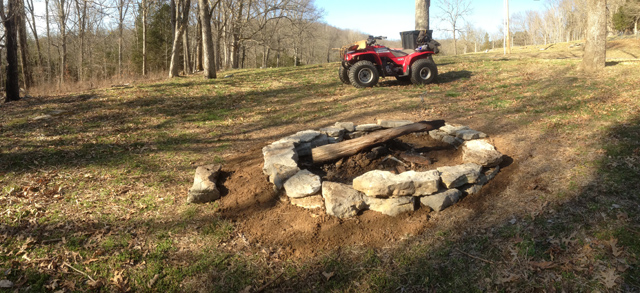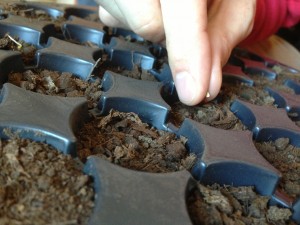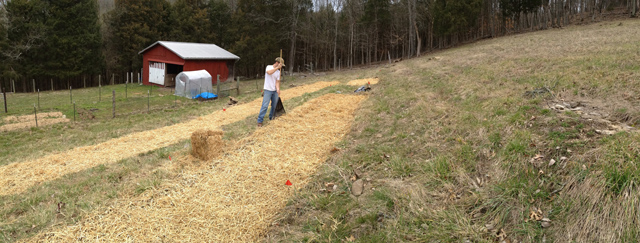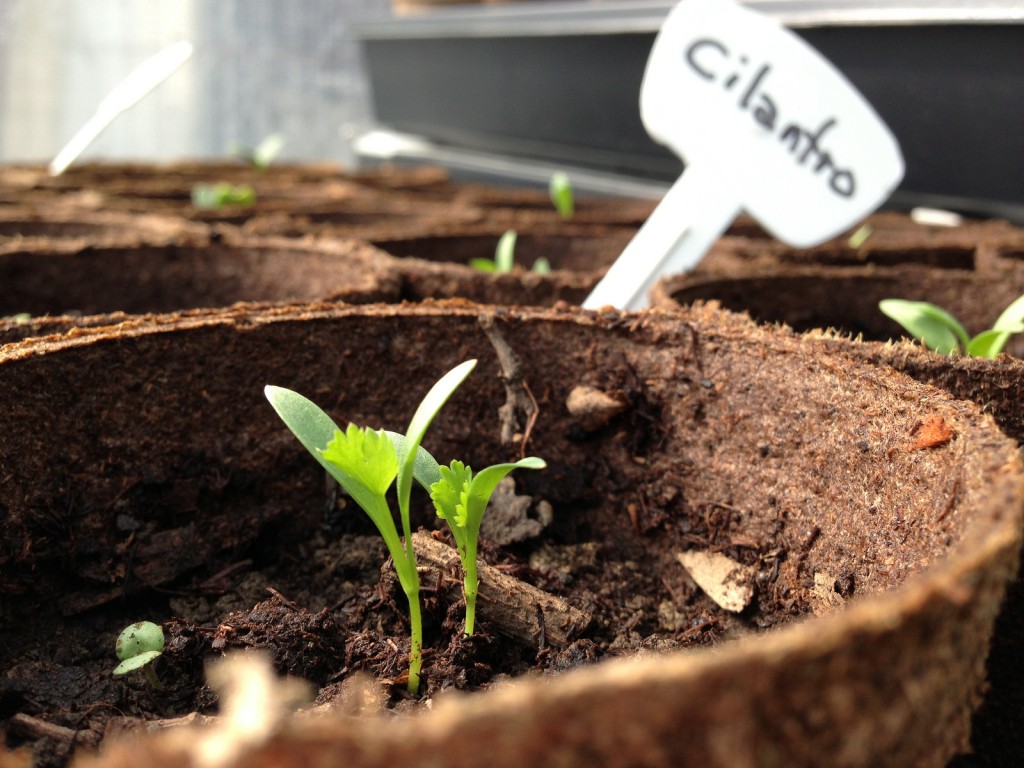
Organic cilantro awaits a late planting at Half Hill Farm.
(Woodbury, TN) — Half Hill Farm has become one of Cannon County’s first farms to receive USDA organic certification. Half Hill Farm is a small seven acre farm growing certified organic apples and blueberries with mushroom and hop production starting this year.
 Half Hill Farm was created by former Short Mountain Distillery COO Christian Grantham and his partner Vince Oropesa and certified by Quality Certification Services of Florida. Grantham hopes the new venture will provide the community with healthier and sustainable food choices.
Half Hill Farm was created by former Short Mountain Distillery COO Christian Grantham and his partner Vince Oropesa and certified by Quality Certification Services of Florida. Grantham hopes the new venture will provide the community with healthier and sustainable food choices.
“Our community’s nationally recognized taste for good food and drink is just one way Woodbury’s craft heritage continues to shine,” Grantham said. “Dedication to inspected organic farm practices is one way I think local farmers can play an important and responsible role in elevating our Southern food culture.”
Recent changes in state law have inspired a craft brewing renaissance in Tennessee with no local growers of hops, beer’s main bittering and aromatic ingredient. Half Hill Farm is proud to serve the state’s craft brewers as Tennessee’s first organic hops grower.
“As a home brewer, I appreciate what it takes to make a good hand-crafted beer,” Grantham said. “We’re excited to support some of the state’s very best craft brewers with sustainable organic Cascade and Centennial hops.”
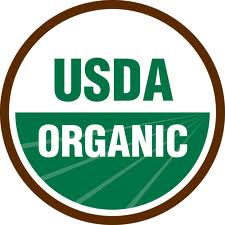 Organic farming practices focus on sustainable food production methods that condition and improve the life of our planet’s soil while producing healthier food choices. These practices (cover crops, composting, no-till methods) decrease dependence on harmful inputs and energy use while harnessing the power of nature’s perfect design.
Organic farming practices focus on sustainable food production methods that condition and improve the life of our planet’s soil while producing healthier food choices. These practices (cover crops, composting, no-till methods) decrease dependence on harmful inputs and energy use while harnessing the power of nature’s perfect design.
“The idea with organic farming is having high quality foods available for local residents, then the excess can be available for out of town markets,” said Pamela Hoskins, District Conservationist with USDA’s Natural Resources Conservation Service. “I have always thought that Cannon County is the perfect location for organic growers because of the close proximity to urban areas.”
Shiitake and Maitake (Hen of the Woods) mushroom production at the farm starts later this summer with fresh and dried available in the Fall. Half Hill Farm is also growing limited amounts of organic spinach, garlic, onions, tomatoes (Roma, Giant Beef Steak, Lemon Drop, Kellogg’s Breakfast), peppers (Serrano, Jalapeno, Beaver Dam, Sweet Pickle Peppers, Peperoncini, California Wonder, Orange Bell, Anaheim), herbs (cilantro, basil, dill), cucumber, carrots and soy beans (Shirofumi and Agate).
Learn more about Half Hill Farm on FaceBook at http://facebook.com/HalfHillFarmTN.
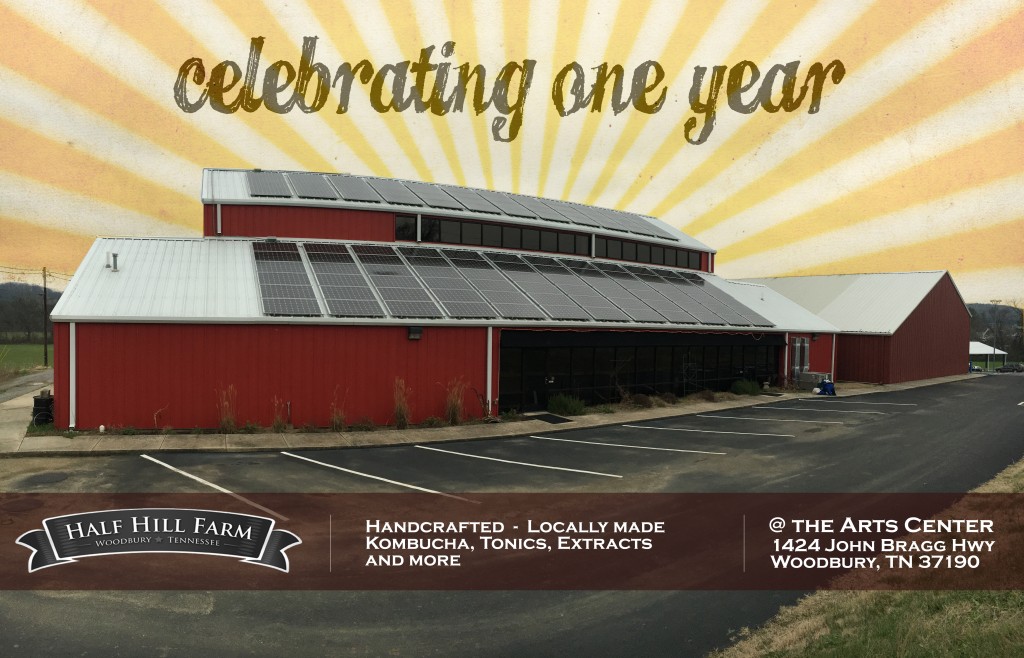

 We had no idea our first year’s test patches would produce anything near enough to go to market. Maybe it’s all the rain. Maybe it’s a couple of
We had no idea our first year’s test patches would produce anything near enough to go to market. Maybe it’s all the rain. Maybe it’s a couple of 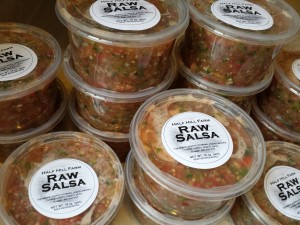
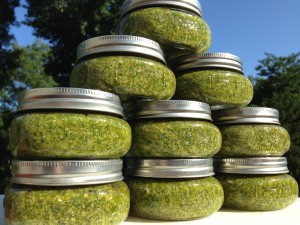
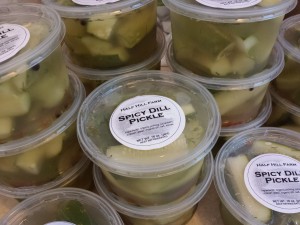


 Organic farming practices focus on sustainable food production methods that condition and improve the life of our planet’s soil while producing healthier food choices. These practices (cover crops, composting, no-till methods) decrease dependence on harmful inputs and energy use while harnessing the power of nature’s perfect design.
Organic farming practices focus on sustainable food production methods that condition and improve the life of our planet’s soil while producing healthier food choices. These practices (cover crops, composting, no-till methods) decrease dependence on harmful inputs and energy use while harnessing the power of nature’s perfect design.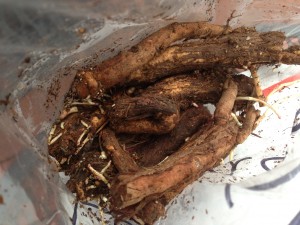 Two things I’m very excited about arrived at the farm this week. First is the
Two things I’m very excited about arrived at the farm this week. First is the 